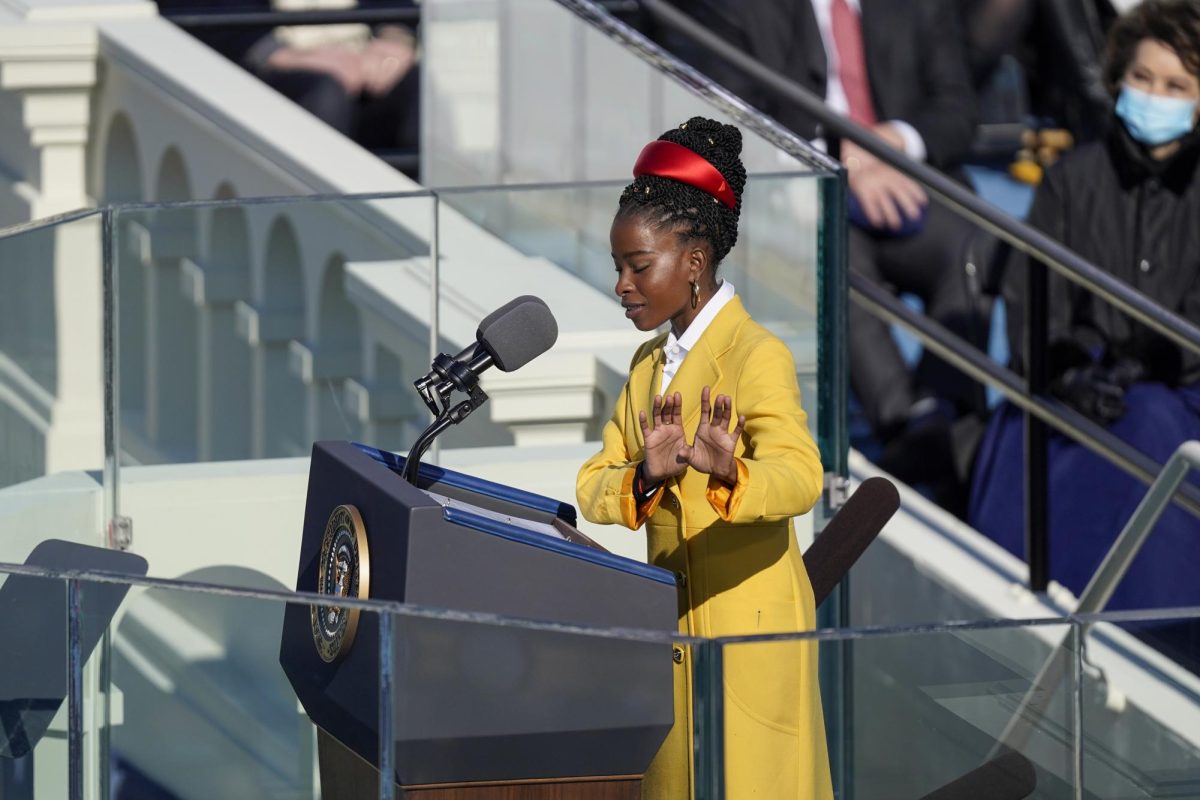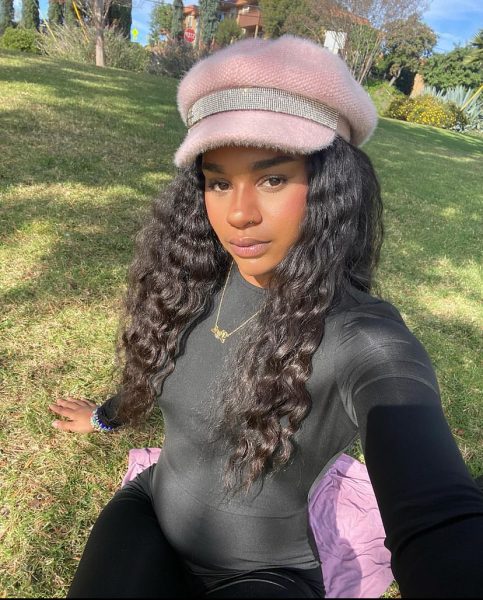The San Diego Mesa College campus hosted an event celebrating the remarkable contributions of black women poets in honor of Women’s History Month. This virtual event occurred on March 14th and was organized by Mesa professor Paula Johnson.
The online gathering commenced with a soulful music spotlight featuring renowned black female artists, setting a vibrant atmosphere as attendees poured into the virtual space. Participants enjoyed the music and eagerly anticipated the upcoming program.
Poetry has been a significant part of black cultural expression for centuries, with roots tracing back to the early days of African civilizations. The civil rights movement of the 1950s and 1960s also saw a resurgence of interest in poetry among black writers, who used their art to advocate for racial equality and social justice. Poets such as Maya Angelou, Nikki Giovanni, and Amiri Baraka became influential voices during this period. Throughout history, black women poets have used their voices to articulate their experiences, challenge societal norms, and advocate for social change.
Black poets often blend multiple themes in their work to create rich and multifaceted poems that resonate with diverse audiences. Ultimately, black poetry encompasses a wide range of voices, styles, and perspectives, reflecting the complexity and diversity of the black experience.
The event showcased a diverse lineup of poets, each sharing multiple poems that had deeply influenced them, written by black women poets. Following this tribute, they proceeded to share their own original work with the audience. The students enthusiastically engaged, expressing their emotions and interacting with one another.
The event’s first speaker was Judy Sundayo, who serves as a counselor at Mesa College, where she also holds the position of chair of the Committee for Diversity Action, Inclusion & Equity. The first poem she shared was “The Hill We Climb” by Amanda Gorman, which she recited at the 2020 inauguration ceremony of President Joe Biden.
In addition to her poetry, Gorman is known for her activism and advocacy work. She has spoken out on issues such as racial injustice, gender equality, and climate change, using her voice to inspire positive change and promote social justice.
Professor Lewis delved into the experience of reclaiming power for black women, which had been unjustly taken away from them. Lewis is a professor of black studies, poet, author, and life mastery consultant. During her long career at Mesa College, she served as department chair for 11 years. Lewis founded the Celebration of Everlasting Love and Life, a human potential consultancy firm, where she has worked as a life mastery coach.
Lewis shared a poem titled “No” by June Jordan, who wrote numerous compilations of poetry, essays, and children’s books. Her poetry is characterized by its passionate engagement with political and social issues, as well as its use of vernacular and rhythmic intensity.
This event was a group of women coming together to support each other through poetry. They wove historical narratives into their stories and nurtured a vibrant sense of community through poetry. Both the women and students are eager to carry on this tradition next year, marking the third annual Black Women Poets virtual celebration.


